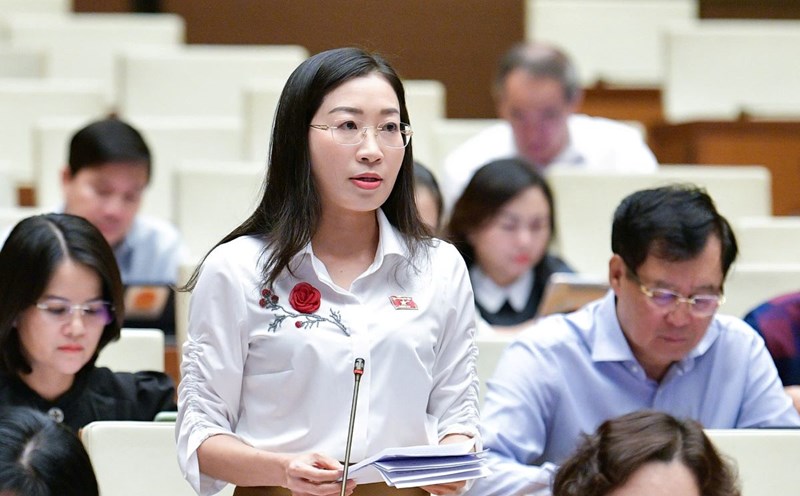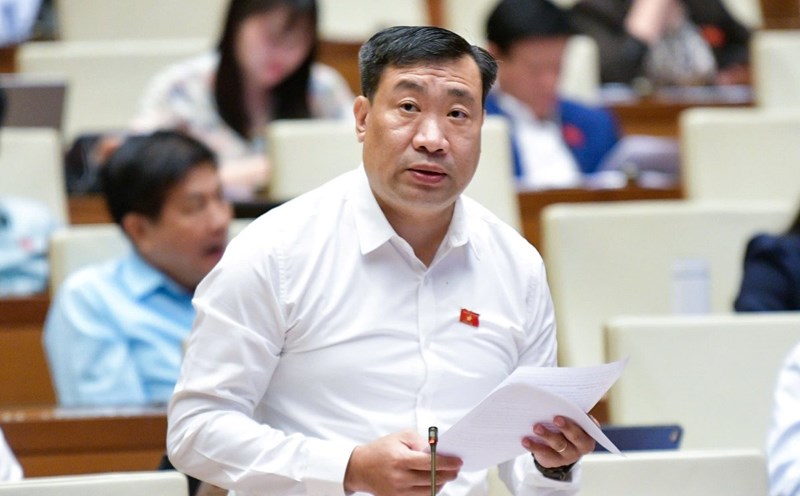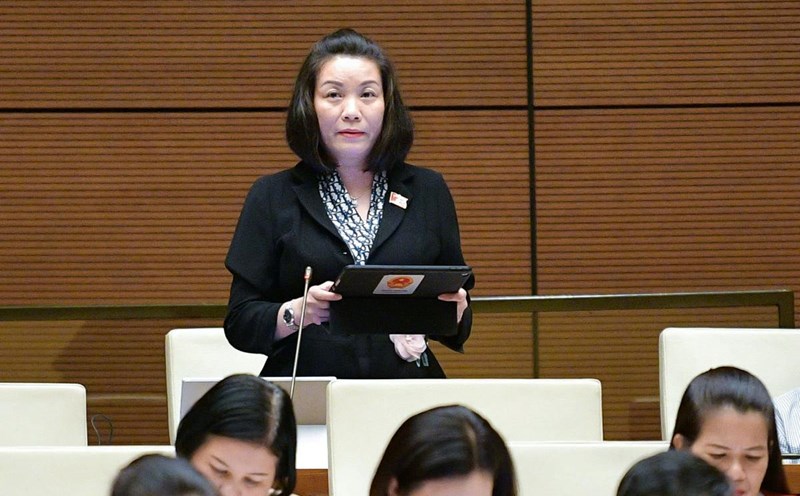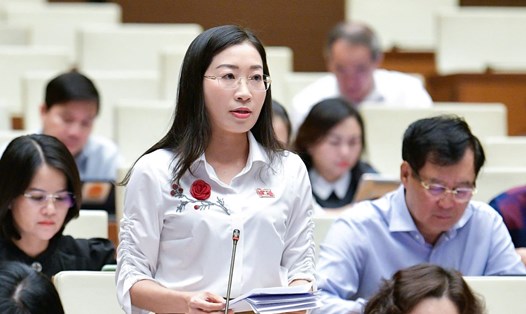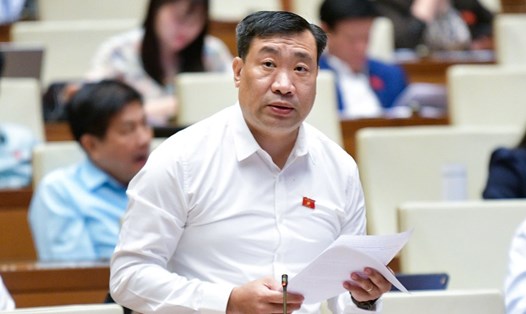On the afternoon of November 25, continuing the 8th Session, the National Assembly discussed in the hall the draft Law amending and supplementing a number of articles of the Law on Advertising.
Speaking at the conference, delegate Le Van Kham (Binh Duong Delegation) said that many studies show that advertising has an impact on children's behavior, perception of standards, psychology, and lifestyle.
The current Advertising Law has provisions prohibiting advertising that causes children to think and act contrary to morality and good customs and practices, and prohibiting advertising that negatively affects the health and normal development of children. However, these provisions are still relatively general and not really clear.
Therefore, according to this delegate, identifying or evaluating the negative effects of advertising on children's health and development is a matter of concern.
“If the advertisement is aimed at children, right from the appraisal and approval stage, there will be attention from experts and authorities for consideration and evaluation.
But there are advertisements that are not directly or completely aimed at children, but children can still be affected when receiving advertisements, so identifying and assessing the impact is difficult" - delegate Le Van Kham said.
This delegate mentioned some advertisements that may not violate public morals but have unsightly images. For example, food advertisements have images of people conveying very bad gestures or eating habits, making children think that this is right and fun.
“I request the drafting committee to study and clarify the content of the ban on advertising that negatively affects the health and normal development of children. Accordingly, there needs to be a specialized organization to carry out the task of evaluating and monitoring advertising,” said delegate Le Van Kham.
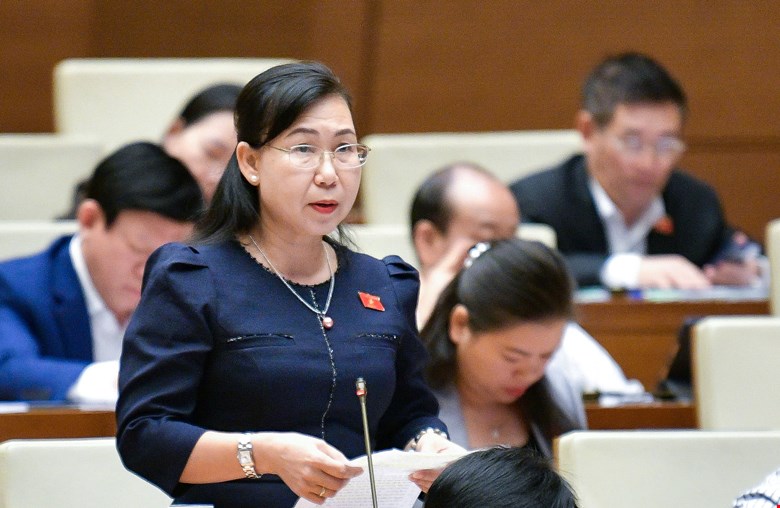
Commenting on online advertising, delegate Phan Thi My Dung (Long An Delegation) said that Article 23 amends and supplements regulations on state management responsibilities for online advertising, including regulations on the process of blocking and removing online advertising.
The draft stipulates the responsibilities of competent authorities in preventing and removing legal information, receiving notifications and sending confirmations to organizations and individuals when conducting online advertising business.
However, the draft only defines the responsibility of the advertiser to self-remove the advertisement, the specific responsibility of the Ministry of Information and Communications, while it is unclear which other competent authorities are.
The delegate also said that currently we have very tight control over advertising on television and in the press, but on social networks it is very loose due to the lack of legal framework as well as the diversity, complexity and difficulty in managing activities on the network environment.
Without a mechanism to control, detect and handle violations, we cannot achieve the goal of preventing, deterring and deterring illegal advertising activities on the Internet.
Thus, consumers in the e-commerce era are not effectively protected but are only left to deal with the consequences and damages when there are complaints, denunciations and violations discovered through inspections and checks.
Therefore, delegates proposed to amend the Advertising Law this time to add prohibited acts corresponding to the characteristics of advertising on the internet environment...
Speaking to explain and clarify some issues raised by delegates, Minister of Culture, Sports and Tourism Nguyen Van Hung asked to receive and study to complete the draft fully and best.

